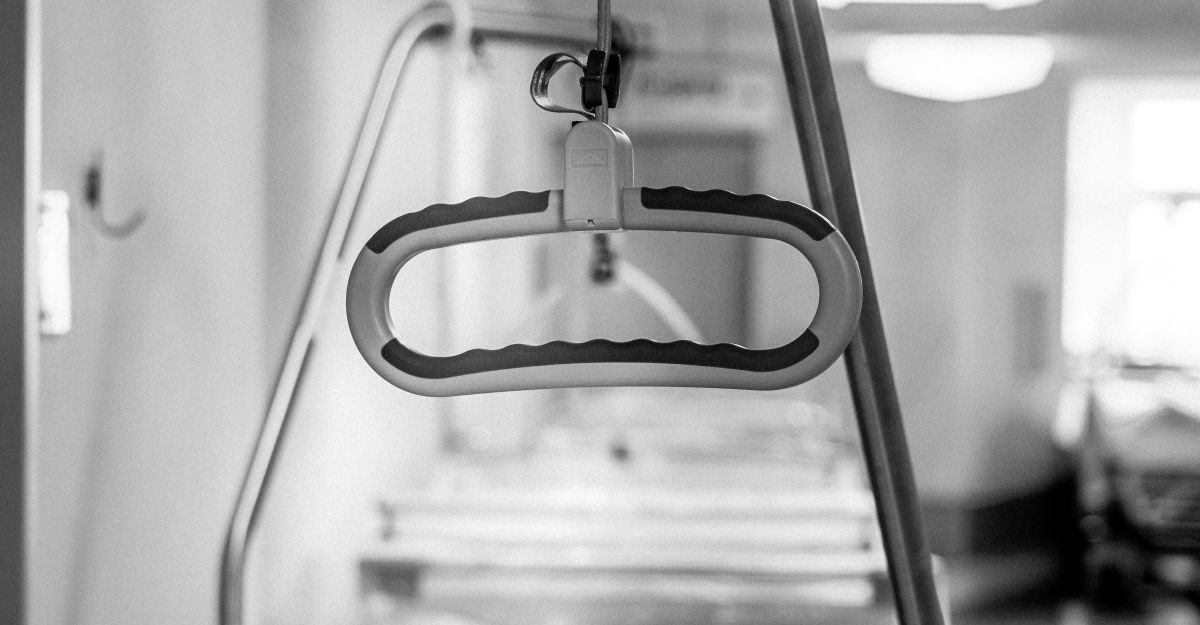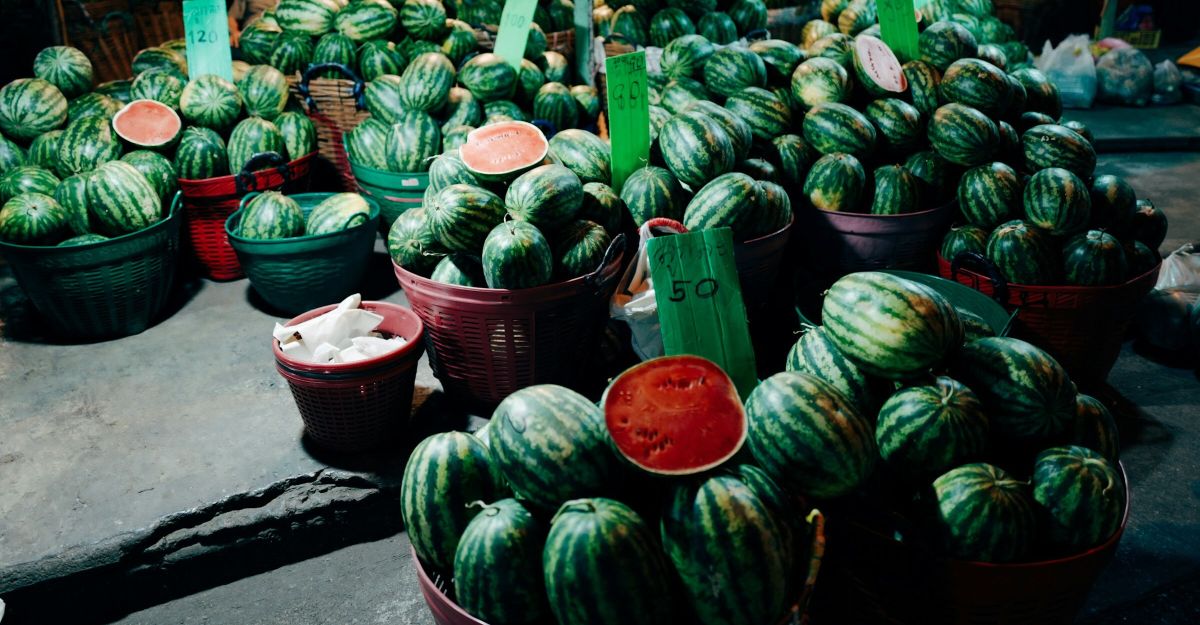One hour after midnight.
Everyone in rooms. Living room – dark. Table look like monsters. Like death. TV on stand. Netflix Logo. No one watching. Residents asleep. They have dementia.
We take care of them. We sing on the porch. In the living room they watch Friends. We play ball games. My clothes don’t fit. Not mine. My hair washed. My mum told me it’s good. Put things in it. Braid it. Black. Coiled. Tight. I walk to the kitchen. Staff gone. A nurse slumped on the sofa. Her name is Abby. She works every day – double shifts. She mumbles. I let her sleep.
The air-con. It buzz. Hum. Someone typing. Click. Click. Clack. They won’t let me use the computer. They never taught me. I am new. I come here. From another country. I remember learning and speaking at school. Sounds like rocks in mouth. My mother. She was proud. Real proud. Skype call screech happy. She is home. Oceans away. A passport away. A visa away. A tongue away.
I send the money back home. To help. To feed. To put food on table. There’s that beep – again. Beep. Beep. Must be an alarm. My phone buzzes. My family. They need money. Always money. My shoes are dead. I eat leftovers from here. I send money. To them. They don’t see my eyes. Those dark things under. The mess at home. My bones tired.
I walk over to that room. 217. Merisa. That is her name. Hand on door handle. Squeaks. Grey hair. Overgrown cornrows. Same skin. Skinny. Mother would tell her to eat. Eat more. Put food in her mouth. Food squeezed between fingers. Lights are low. She is on the bed. Photos on the wall. Family photos. From a past. There she is – younger. With her husband. Smiling. Under a tree. Stuff on her dresser. From her family. To try to remember. Bring back memories. Of her walking down the aisle. With a veil. Merisa. Down at the beach. Swimsuit. Straw-hat. The beeping is still there. I remember what they teach me. Look at patient. Her pulse. Weak. Her breath shallow. Slow. Chest. Struggle to rise. To fall. Like crawling. Up a cliff. Nothing but clipped fingers. Over my shoulder. No one notices. No RN. No PCA – except me.
Something is off. I look – closely. At the machines. Tangle of wires. A mess. A monster. Heart rate low. Then.
Alarm. Loud. Red. Angry. Step back. Look. Remember school. They told acronyms. How to act. I hear footsteps. Out loud, rushing, calling, emergency. I look at her. Nose like Mother. Skin like Mother. Are you Mother? I come back. To the land back. Where I have a home. Where I sit on the floor: eating, drinking, going to the market, cooking together.
Let
me
crawl
to you.
I am in the middle of bodies. Of hands and machines. Nagging me to move to the side. Mother, I am dragging me against the sand on the bottom of the ocean, going to that place where the greens and the yellows and the reds shine against the yellow-blue star, limping towards our house
downstairs
where
you rest yourself in that shiny white nest so I push through the red dirt and I wriggle through where I find you on the floor asleep while my sister eyes look like it is not there because you have left. But I look at you, Merisa. Tomorrow morning, a text will go out. It will go: Merisa Clark has peacefully passed away at 01:00. RIP. Then someone will take your room. And it will go. Again. And again. And again. And.
Image: Ante Samarzija



